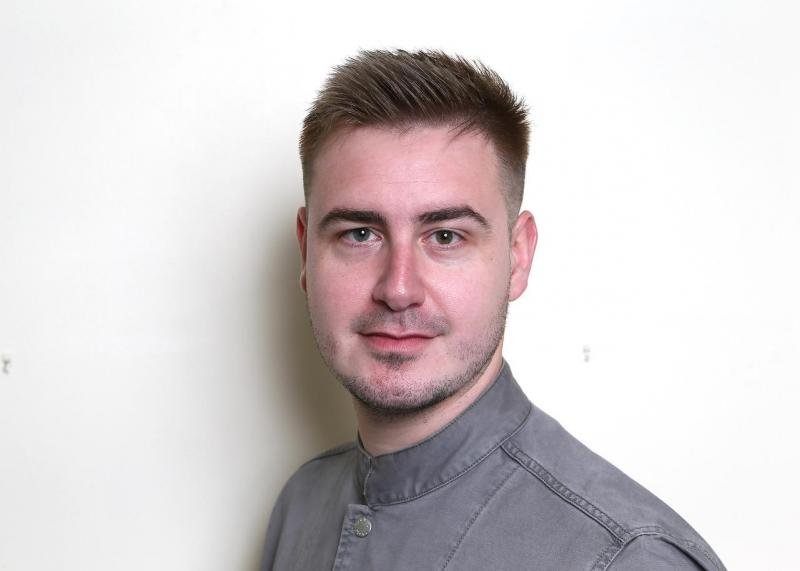ALMOST 100 people are living with young onset dementia in Barnsley - but a charity has warned the actual numbers may be even higher.
Dementia is described as ‘young onset’ or ‘early onset’ when symptoms develop before the age of 65, usually between 30 to 65 years of age.
Charity Dementia UK said limited awareness of the conditions leaves many families in isolation, with ‘little to no’ service provision.
NHS figures show 87 people aged under 65 in Barnsley had a dementia diagnosis as of August - accounting for 3.8 per cent of people in the area with the impairment.
However, Dementia UK said its estimates are higher as the NHS figures do not include those with young onset dementia who have turned 65 since their diagnosis.
The charity suggests 7.5 per cent of those with a diagnosis developed dementia before they were 65, meaning an estimated 70,800 people in the UK are living with young onset dementia.
Jules Knight, a nurse for young onset dementia at Dementia UK, said there is limited awareness among health and social care professionals of the impact the condition has on families.
Ms Knight added the first symptoms for young onset dementia are not always memory-related, making it more challenging to recognise and diagnose.
The symptoms can vary and may include issues with language, speech, vision, spatial awareness, and behaviour.
She said: “This has resulted in little to no service provision, leaving families isolated without the support they so urgently require.
“Greater investment is needed to expand local support services and ensure they reflect the needs of those living with young onset dementia, as well as the complex challenges faced by those caring for them.
“Dementia isn’t an inevitable part of ageing, and there are things we can all do to reduce the risk of developing some forms of dementia, such as being mentally active and making healthy lifestyle choices.
“While getting a dementia diagnosis can be daunting, finding out early opens doors for you to get the support you need, plan ahead and hopefully slow its progress.”
In Barnsley, around 3,000 people over 65 have dementia, and this figure is set to rise to 4,800 by 2030.
A Department of Health and Social Care spokesperson said funding for dementia research is doubling to £160m a year by 2024/25.
They added: “We want every person with dementia to receive high quality, compassionate care, regardless of age, gender or background, which is why we’re committed to improving diagnosis rates and access to new treatments.
“But the most effective way to support early diagnosis is to deliver on our priority to cut waiting lists - we have opened 118 community diagnostic centres across the country which have delivered over five million additional tests, checks and scans since July 2021.”
Linda Pattison, chief officer at Barnsley Independent Alzheimer’s and Dementia Support (BIADS), told the Chronicle more services for younger dementia sufferers are needed.
“It has been long recognised as their support needs could be very different to someone over the age of 65,” she said.
“For example they could still be working, have a mortgage and have younger children who need extra support to understand what is happening.
“Their carers could also be working and may need adjustments to their working hours to enable them to keep their jobs while also being a carer.
“I would encourage anyone with a diagnosis of dementia or their carers to contact local voluntary organisations for information and support.
“Meanwhile work continues to find funding to set up specific services to meet the needs of younger people and their families.”


























